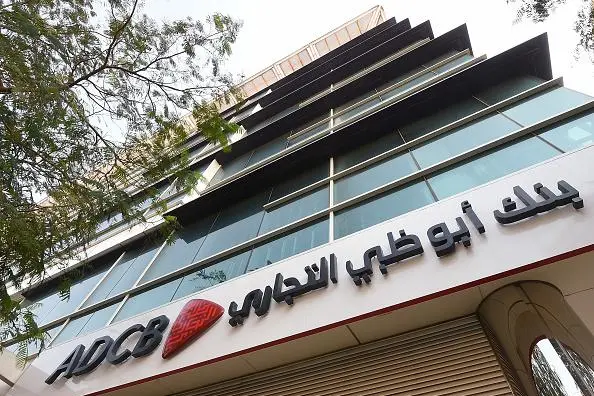PHOTO
DUBAI- Abu Dhabi Commercial Bank and peers Union National Bank and Al Hilal Bank merged on Wednesday to create a banking heavyweight with 423 billion dirhams ($115 billion) in assets, the third biggest in the United Arab Emirates.
The transaction is the latest example of consolidation in the Gulf's banking sector, where profit margins are being squeezed by lower government and consumer spending because of weak oil prices. The UAE has almost 50 commercial banks in a country of about 9.5 million people.
Shares in the new combined entity, which becomes the second biggest financial institution in Abu Dhabi, began trading on Wednesday after the merger plan was announced last September.
The stock ended the day 1.8 percent lower, underperforming the Abu Dhabi equity index, which was flat at 5,258 points.
ADCB Group incorporates UNB and Al Hilal Bank and is 60.2 percent owned by the Government of Abu Dhabi through the Abu Dhabi Investment Council.
UNB has been dissolved as a legal entity and its shares have been delisted, while Al Hilal Bank will operate as a separate Islamic entity within the merged bank.
First Abu Dhabi Bank kick-started the consolidation when it was created in 2017 through a merger of Abu Dhabi's biggest lenders, National Bank of Abu Dhabi and First Gulf Bank. Consolidation has since gathered pace as lenders combine to compete.
Shareholders of Sharjah's Invest Bank on Apr. 10 approved a proposal to hand the emirate's government a 50.07 percent stake in the lender and allow it to merge with one or more other banks without a vote.
Saudi Arabia, which has a population of 32 million, has 12 banks and is set to lose two of those if announced mergers are successfully concluded.
Saudi Arabia’s National Commercial Bank (NCB), the kingdom’s biggest lender by assets, has begun preliminary discussions to merge with smaller rival Riyad Bank, the two lenders said Dec. 24.
($1 = 3.6728 UAE dirham)
(Editing by Elaine Hardcastle) ((Hadeel.AlSayegh@thomsonreuters.com; +971566883310;))





















